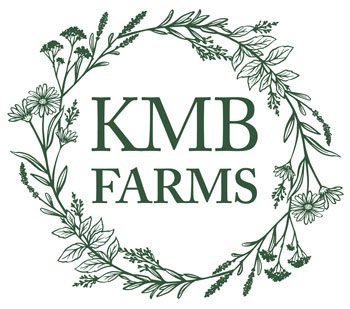What Is “Soap” Anyway?
Soap—real soap—has been around since Babylonian days, and maybe longer. It’s really fascinating how soap is created. Basically, you mix an alkaline (good, old fashioned lye) and a fat, oil, or combination of both together and soap is born, containing neither the alkaline nor the oil that made it in the first place. In fact, there is no such thing as true soap made without lye!
Most of us think that when we go to the grocery store, we’re buying soap. But in reality the “soap” that we buy over-the-counter is actually detergent…not real soap! Detergent surfactants were developed in response to a shortage of animal and vegetable fats and oils during World War I and World War II. In addition, a substance that was resistant to hard water was needed to make cleaning more effective. At that time, petroleum was a plentiful source for making these surfactants. Today, detergent surfactants are made from a variety of petrochemicals (derived from petroleum) and/or oleochemicals (derived from fats and oils).
All of our soaps are hand-crafted using the highest quality ingredients and time-honored traditions. Because they are made from natural ingredients, they are biodegradable and more environmentally friendly than man-made detergents. The result is a product that looks, feels, and smells great!
A Little More History of Soap
The first records of soap date back to around 2800 B.C. with the Babylonians. These first soaps were thought to be used for cleaning textiles and fabric rather than the body. Soap for bathing the body seems to be credited to both the Romans and the Celtics who may have both independently discovered the benefits of hygiene around the beginning of the second century.
The first of the famous Roman baths, supplied with water from their aqueducts, was built about 312 B.C. The baths were luxurious, and bathing became very popular. By the second century A.D., the Greek physician, Galen, recommended soap for both medicinal and cleansing purposes.
Italy, Spain and France had a ready supply of raw materials, such as oil from olive trees, making them early centers of soap manufacturing. The English began making soap during the 12th century. The soap business was so good that in 1622, King James I granted a monopoly to a soap maker for $100,000 a year! Well into the 19th century, soap was heavily taxed as a luxury item in several countries. When the high tax was removed, soap became available to ordinary people and cleanliness standards improved!
